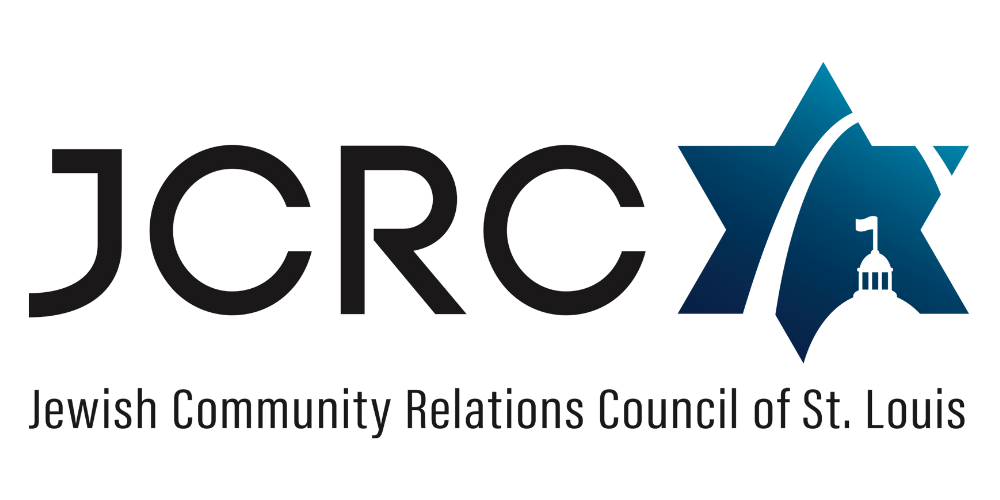April 2012 Payday Lending
This resolution was passed unanimously by the JCRC Council on April 17, 2012
As the Consumer Federation of America has observed, “Payday loans are extremely expensive cash advances that must be repaid in full on the borrower’s next payday to keep the personal check required to secure the loan from bouncing. Cash-strapped consumers run the risk of becoming trapped in repeat borrowing due to triple-digit interest rates, unaffordable repayment terms, and coercive collection tactics made possible by checkholding.” (http://www.paydayloaninfo.org/).
The Missouri Division of Finance has reported that, for the 12-month period ending September 30, 2010, Missouri payday lenders operated from approximately 1,040 locations, the total number of payday loans made was 2.43 million, and the average annual interest rate was 444.61%. Payday loans typically are for amounts between $100 and $500. In Missouri, a payday loan can be renewed up to six times, and a lender may charge interest and fees totaling 75% of the original principal. Similarly high interest rates often are
charged – frequently to low-income persons – on car title loans and other consumer installment and small loans.
Seventeen states and the District of Columbia have adopted caps on interest rates forpayday loans and other small loans of 36 percent or less, in order to eliminate predatory lending practices. Similarly, federal law imposes a 36 percent cap on loans to military personnel and their families.
A ballot initiative is expected to be on the ballot in Missouri in November 2012, providing that interest, fees and finance charges shall not exceed an annual percentage rate of 36 percent on payday, title, installment and consumer credit loans (the “Ballot Initiative”). The Ballot Initiative is supported by a coalition known as Missourians for Responsible Lending, which includes many religious, civic and other groups with whom the Jewish Community Relations Council frequently collaborates on social justice issues.
The Jewish people consistently have advocated for justice and fairness for all, and in particular, for the most vulnerable among us. Proverbs (31:9) teaches us to “speak up, judge righteously, champion the poor and the needy.” Payday loans and other similar highrate small loans adversely impact the financially challenged, from the most impoverished to the “working poor.”
Some have argued that capping interest rates at an annual percentage rate of 36 percent would cause small loans to become unavailable to those who need them. However, information from other states which regulate payday and other small loans much more stringently than Missouri, and where small loans continue to be widely available, undercut this argument.
It also has been argued that, in light of the short-term nature of payday loans, the annual percentage rate represented by the finance charges and fees charged is not the most meaningful measure of the reasonableness of the loan terms. While this argument may have some appeal, the ability of payday lenders to charge interest and fees of up to 75 percent of the loan amount is highly onerous, and over the past several years, Missouri has adopted virtually no regulations concerning payday loans. To the extent the Ballot Initiative passes and it appears that there are means which are better tailored to curbing predatory lending practices while ensuring the continued availability of small loans on reasonable terms, the Missouri General Assembly will have the power to adopt a modified regulatory framework.
Therefore, the Jewish Community Relations Council supports taking the following action steps:
1. Supporting the Ballot Initiative on the November 2012 ballot to cap Missouri interest rates on payday loans, car title loans, consumer installment loans and small loans at 36 APR (annual percentage rate);
2. Joining the Missourians for Responsible Lending coalition; and
3. Monitoring other legislation and ballot proposals filed in the Missouri legislature, and initiative petitions circulated in the State of Missouri, that would cap payday and similar loans at 36 percent APR or lower, and supporting additional legislative efforts and ballot initiative proposals similar to those referenced in section 1 above.

